Porto Mayoral Debate Highlights Key Urban Challenges
In a televised debate, the five candidates vying for the presidency of Porto's City Council found rare common ground: the current Metrobus project is deemed inadequate for the city. However, solutions varied widely, with most advocating for a reformulation rather than abandonment. The Chega party stood out by calling for the project's termination and a refund of the 80 million euros invested, though details on handling existing infrastructure were vague.
Sérgio Aires (Bloco), Diana Ferreira (CDU), and Manuel Pizarro (PS) criticized the Metrobus's initial design but emphasized the need to proceed with improvements. Pedro Duarte (PSD) labeled it a "disaster" and accused the PS of using it for partisan gains. Pizarro pointed out that the project transitioned to state control in 2024, questioning Duarte's stance against a former government colleague.
On mobility, proposals included more metro and free buses—funded by tourist taxes and paid parking for non-residents. Chega suggested relocating the wholesale market to Gondomar to reduce truck traffic on the VCI ring road, while Duarte advocated for toll abolition on the CREP and introducing tolls for heavy vehicles on the VCI. Diana Ferreira reminded that both PS and PSD have repeatedly rejected toll removal proposals in Parliament.
The debate also touched on the long-promised Avenida Nun'Álvares project, with Pizarro awaiting environmental impact studies, Duarte promising a review, and mixed support from other candidates.
Housing and Population: A Contentious Issue
Pedro Duarte sparked controversy by stating that Porto should not have more residents, arguing it would lead to increased concrete, traffic, and waste. Instead, he focused on renovating over 20,000 vacant homes, drawing accusations of pushing Portuenses out of the city. Opponents like Pizarro countered with plans for 5,000 public housing units and utilizing public land for private projects, advocating for a larger, more inclusive Porto.
Other parties proposed similar measures: CDU and Bloco called for government-assisted construction of 6,000 to 7,000 homes, while Chega aimed to enhance the Porto Solidário program with tourist tax revenue and adjust support calculations.
Security: Perception vs. Statistics
Diana Ferreira highlighted that crime statistics do not support perceptions of increased insecurity, advocating for more police and community-oriented policing. Sérgio Aires noted tourism-related thefts but emphasized road crime as a bigger issue.
Pedro Duarte and Chega aligned on prioritizing public perception over data, with Duarte promising enhanced security through additional officers and better lighting. Manuel Pizarro took a stronger stance, citing drug trafficking as a major problem and pledging serious video surveillance, increased proximity policing, and partnerships between municipal and PSP police.



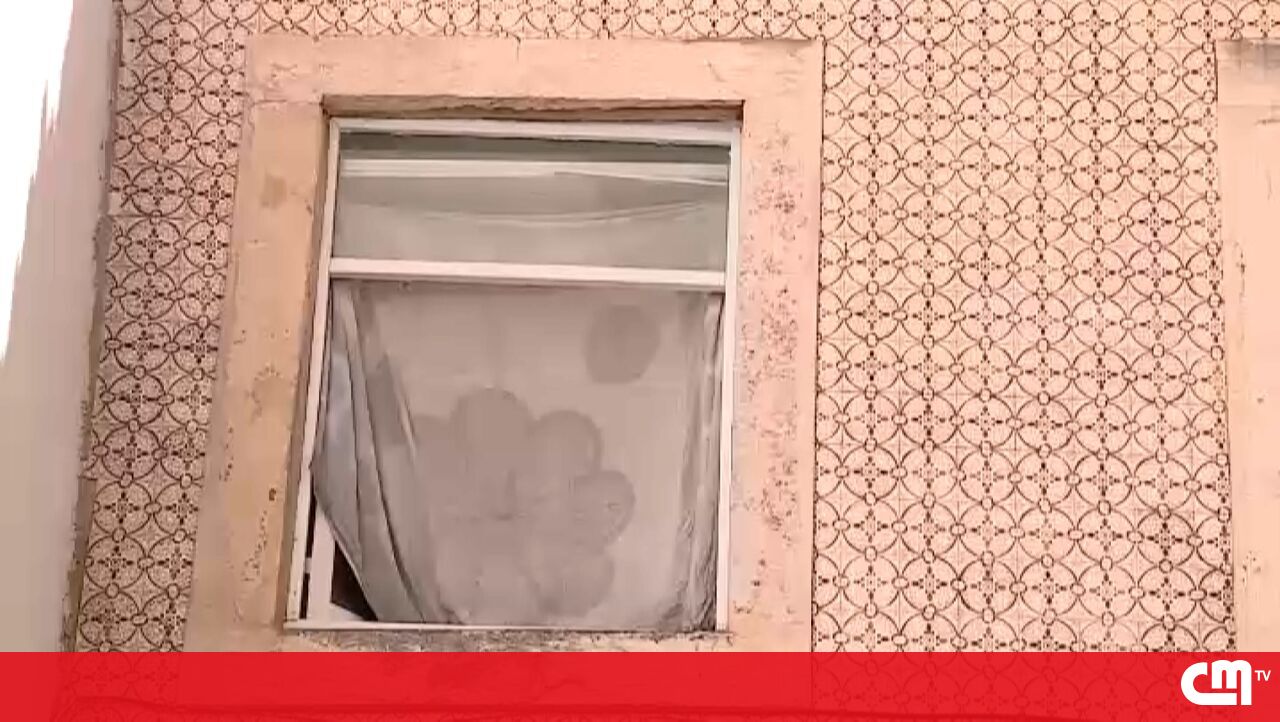


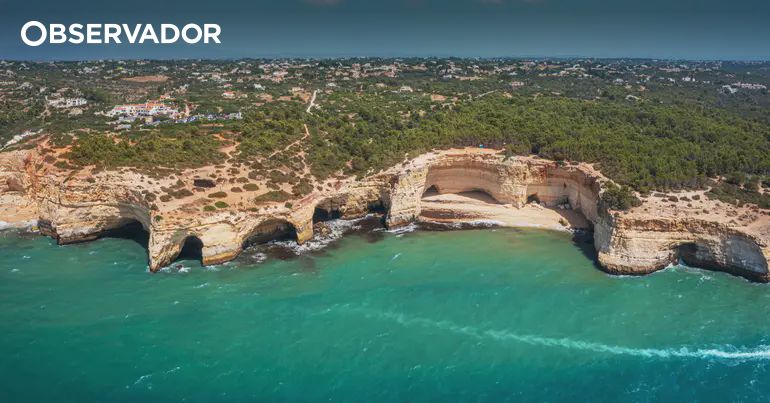
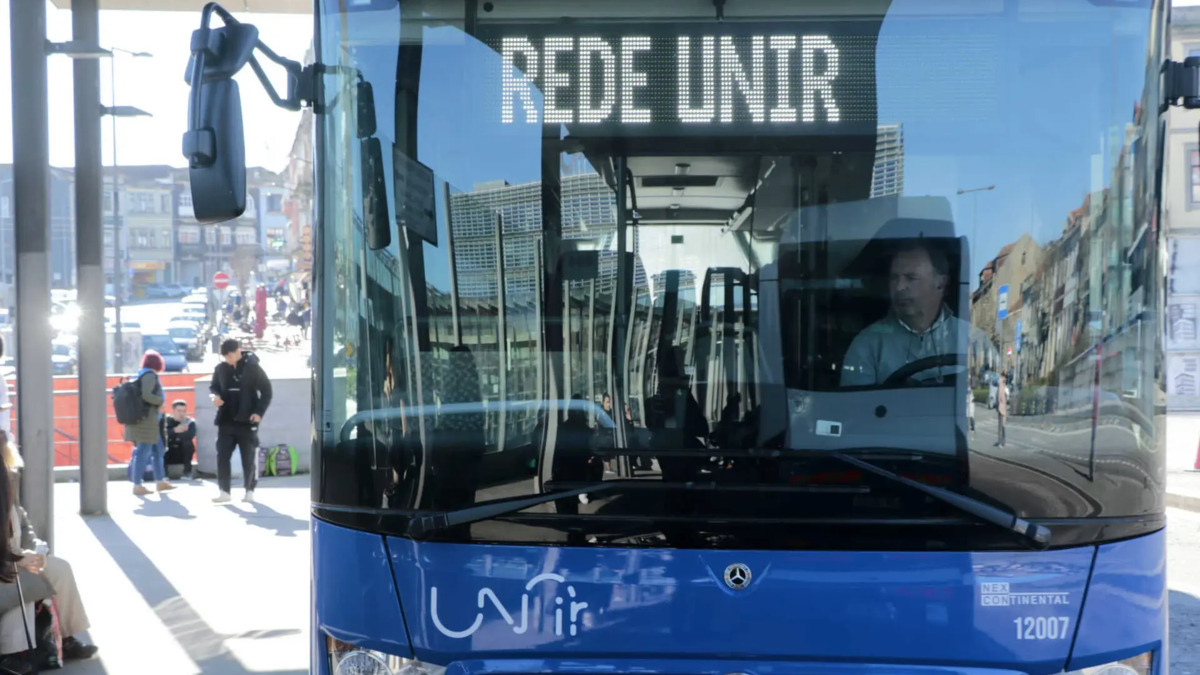
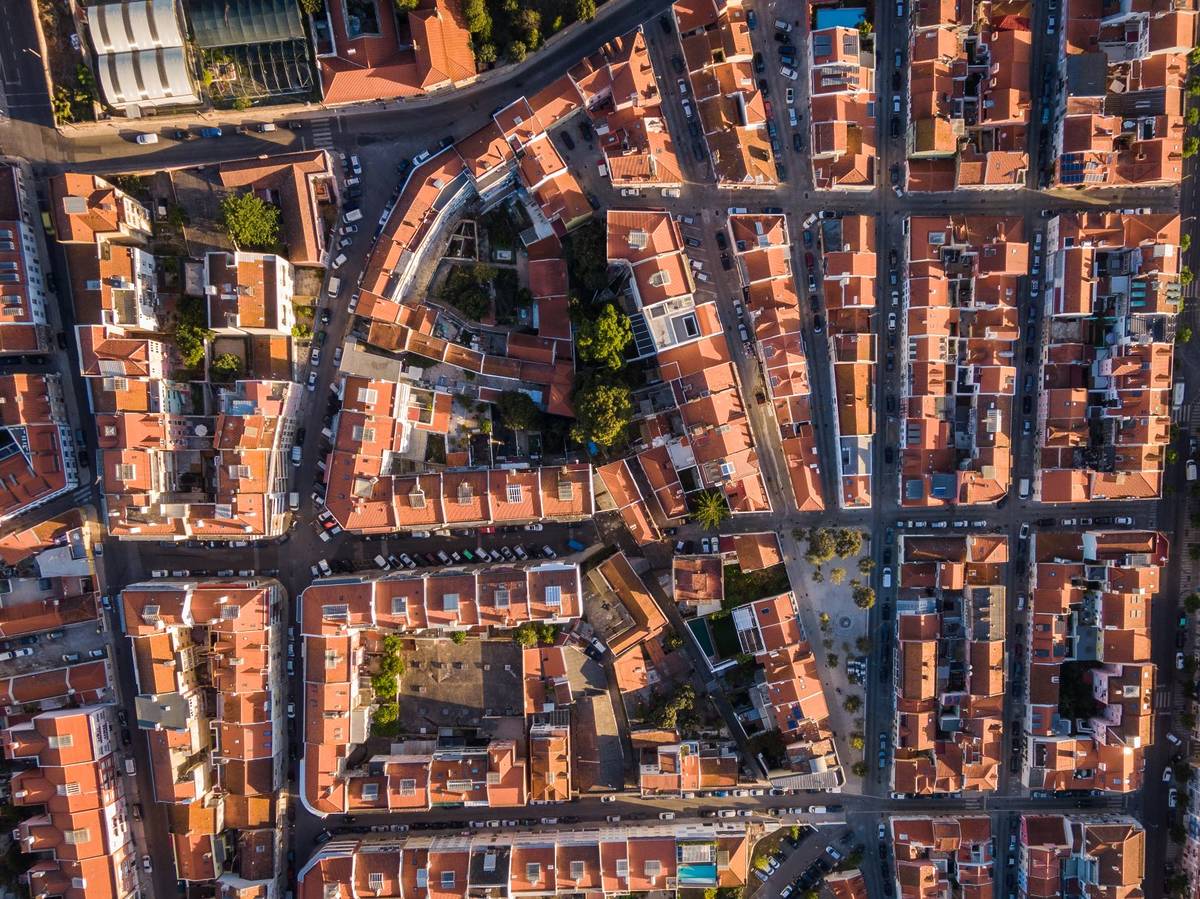

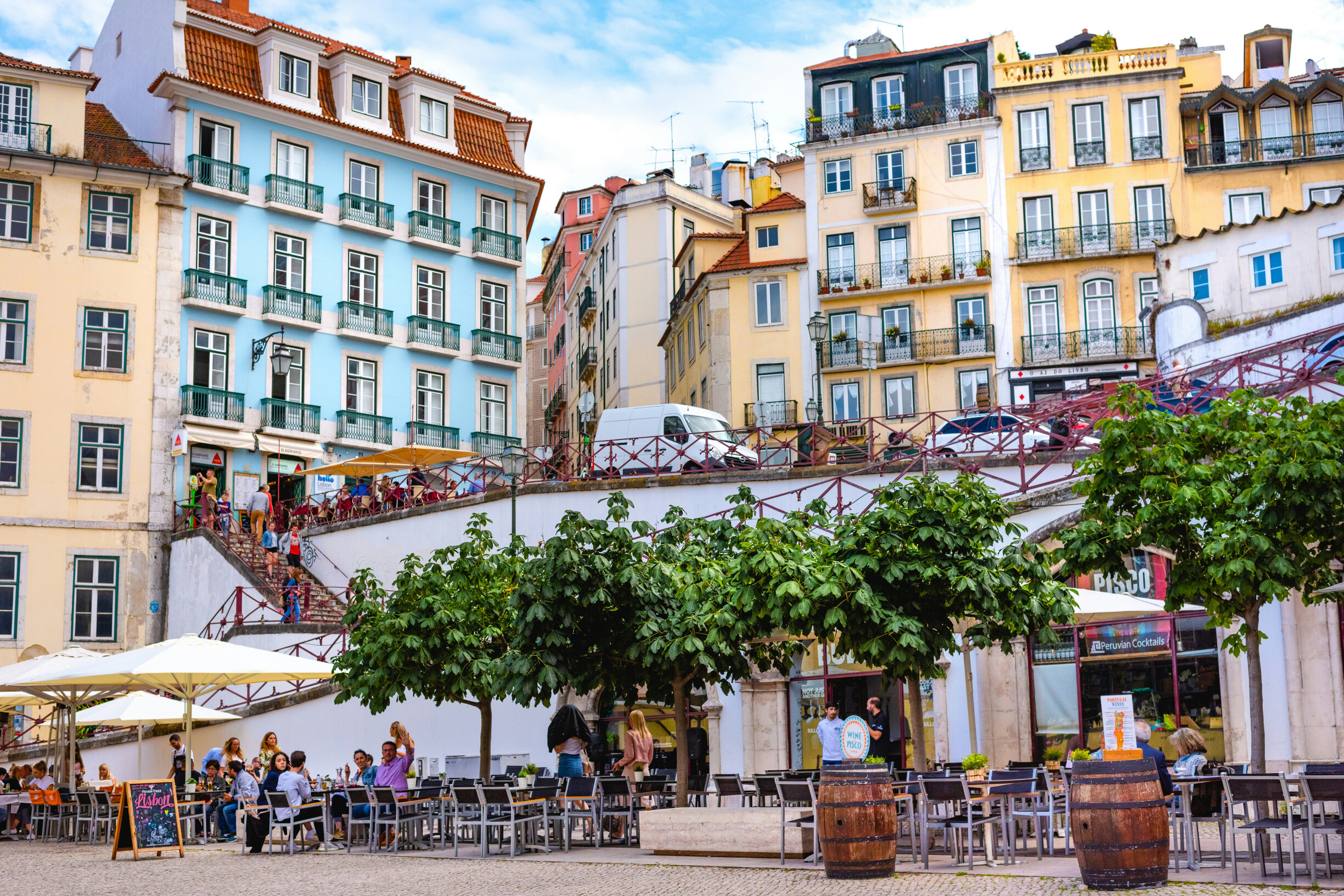
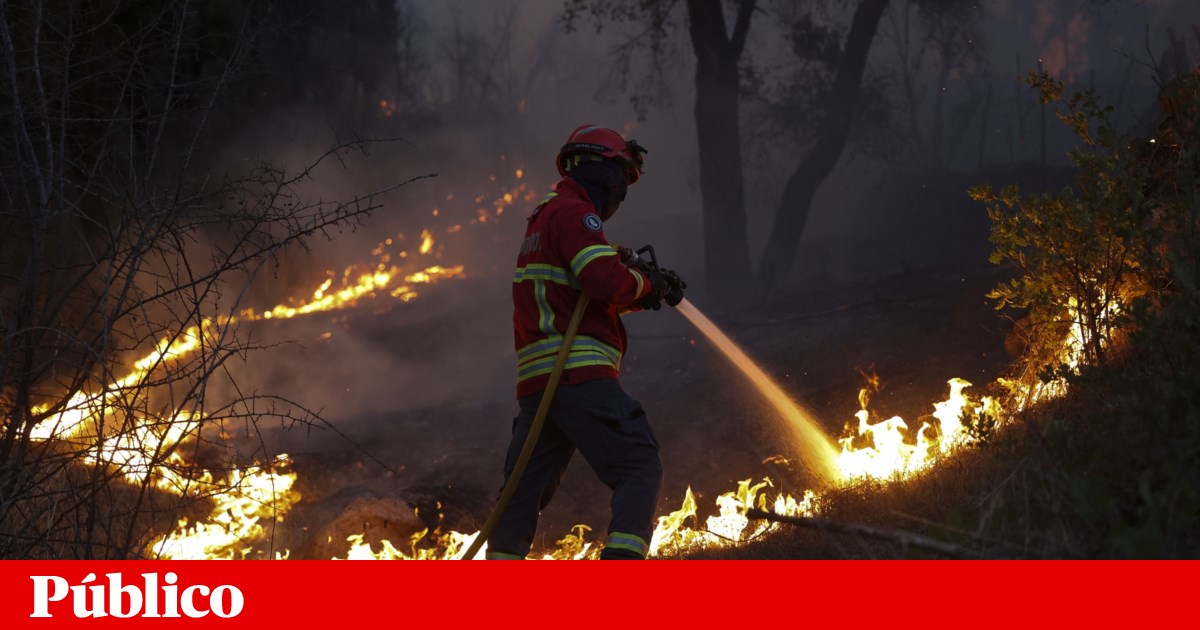




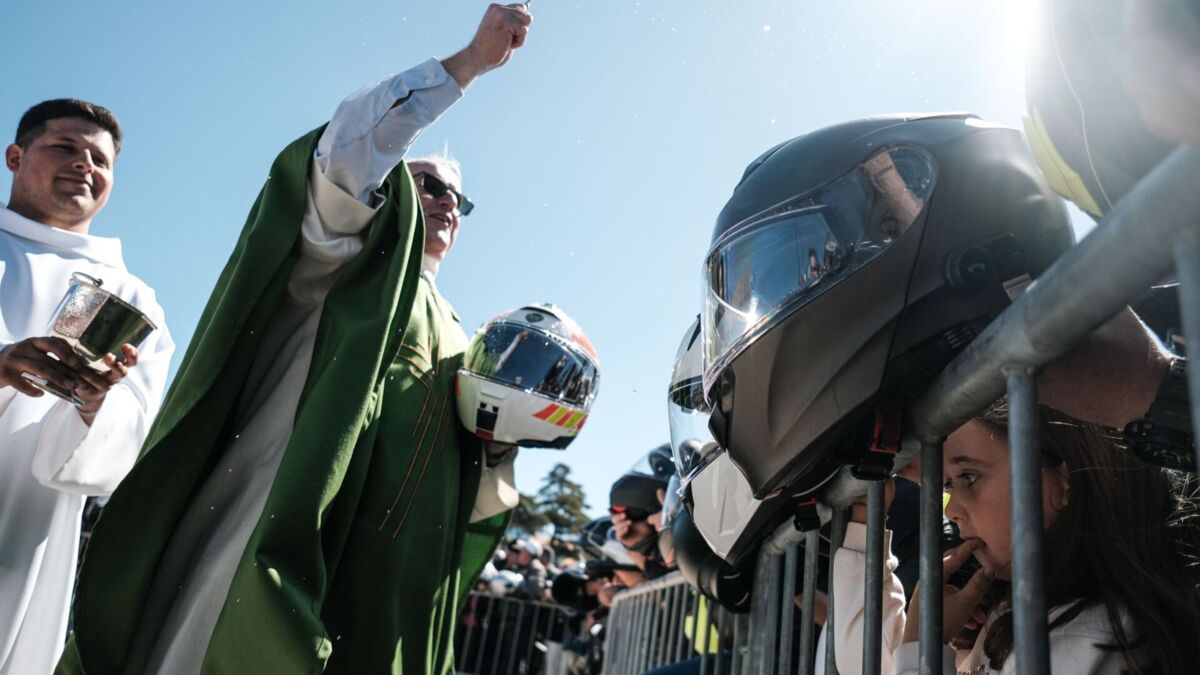
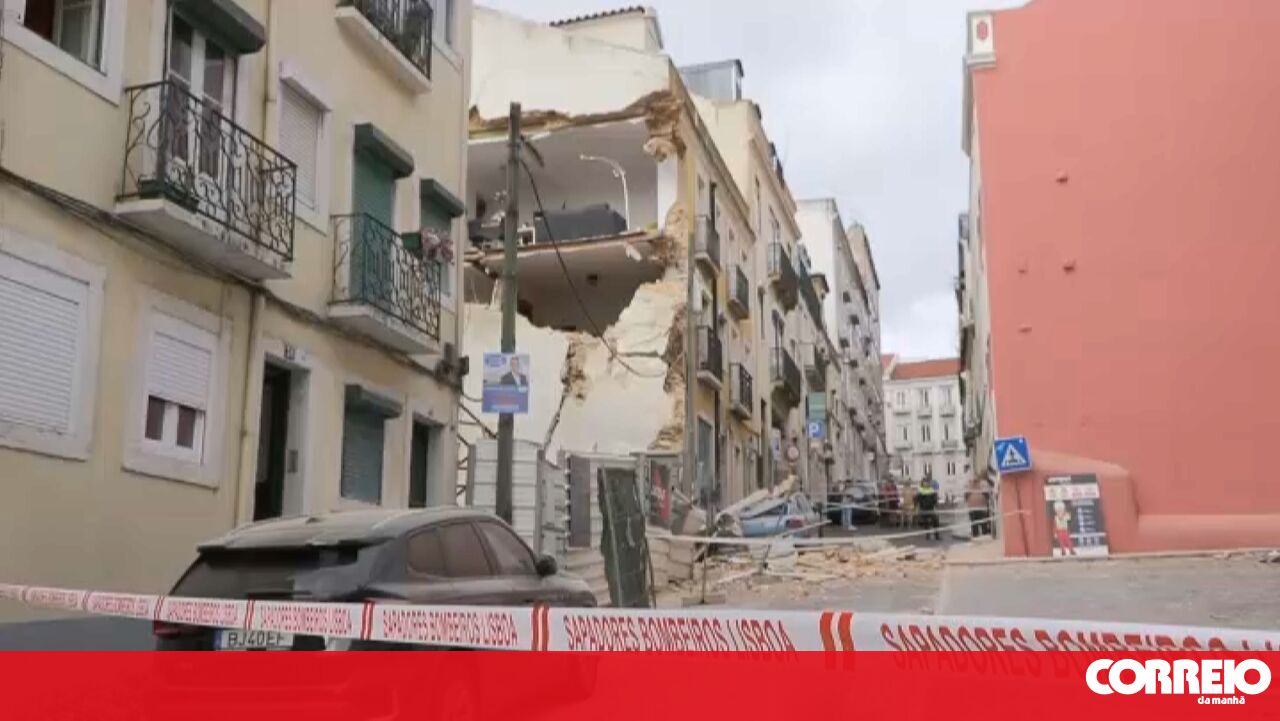
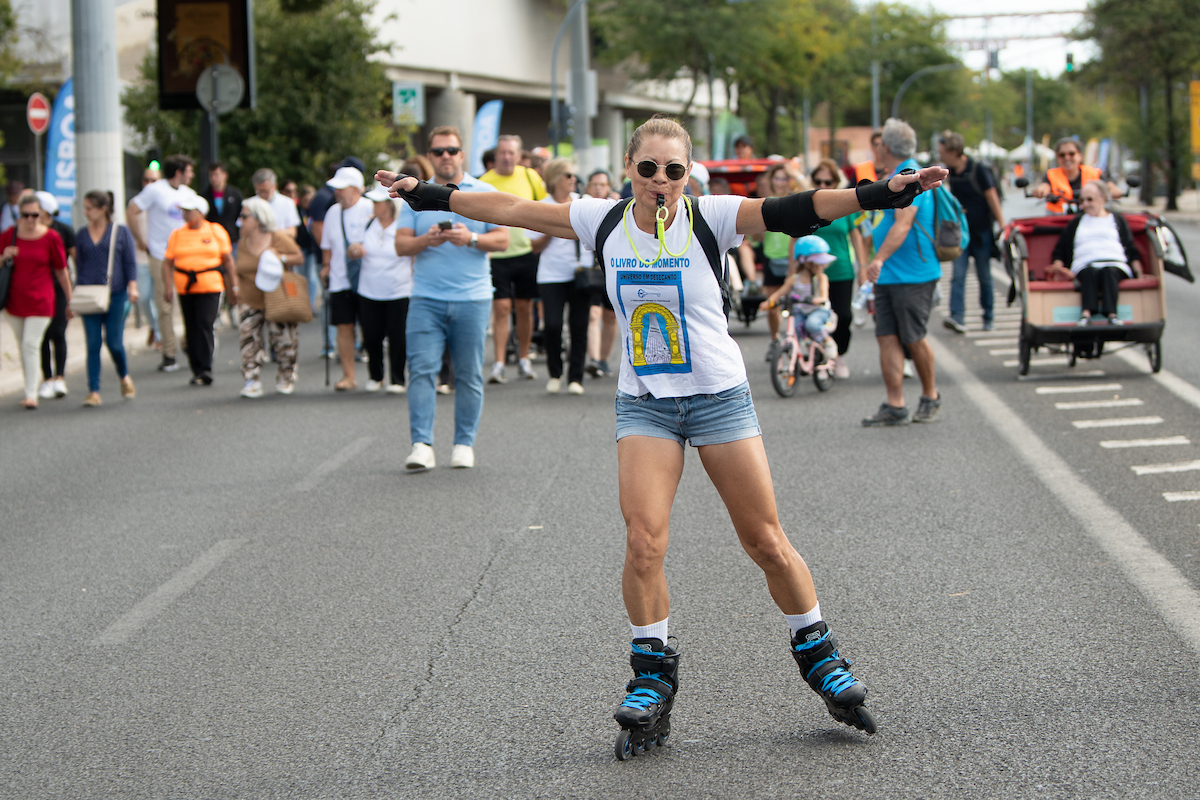

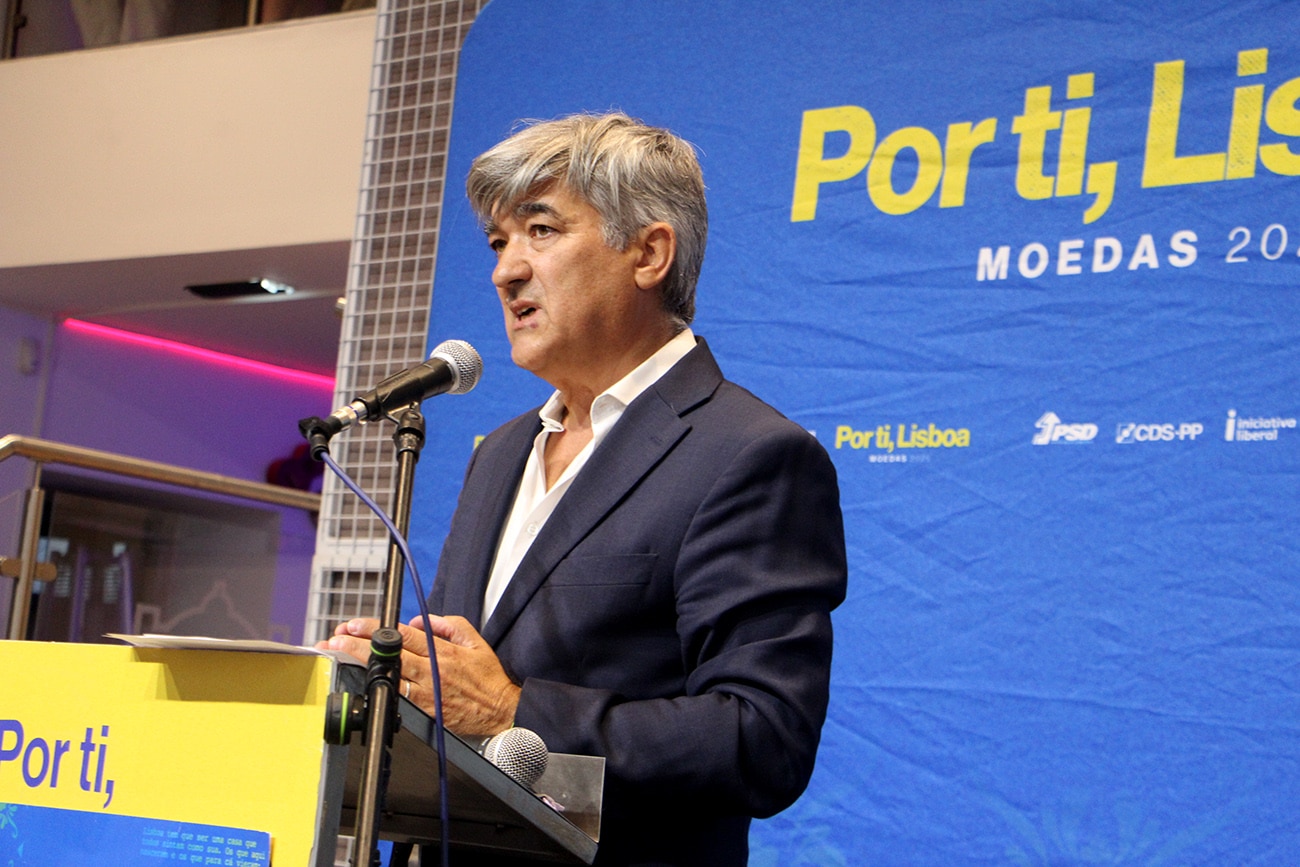


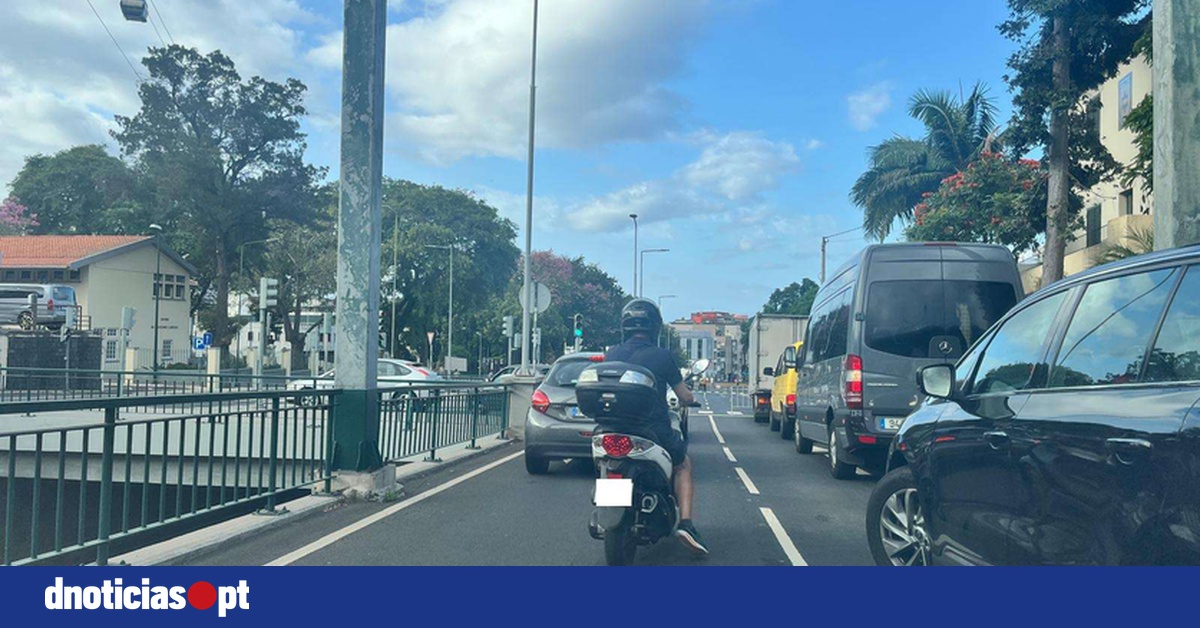

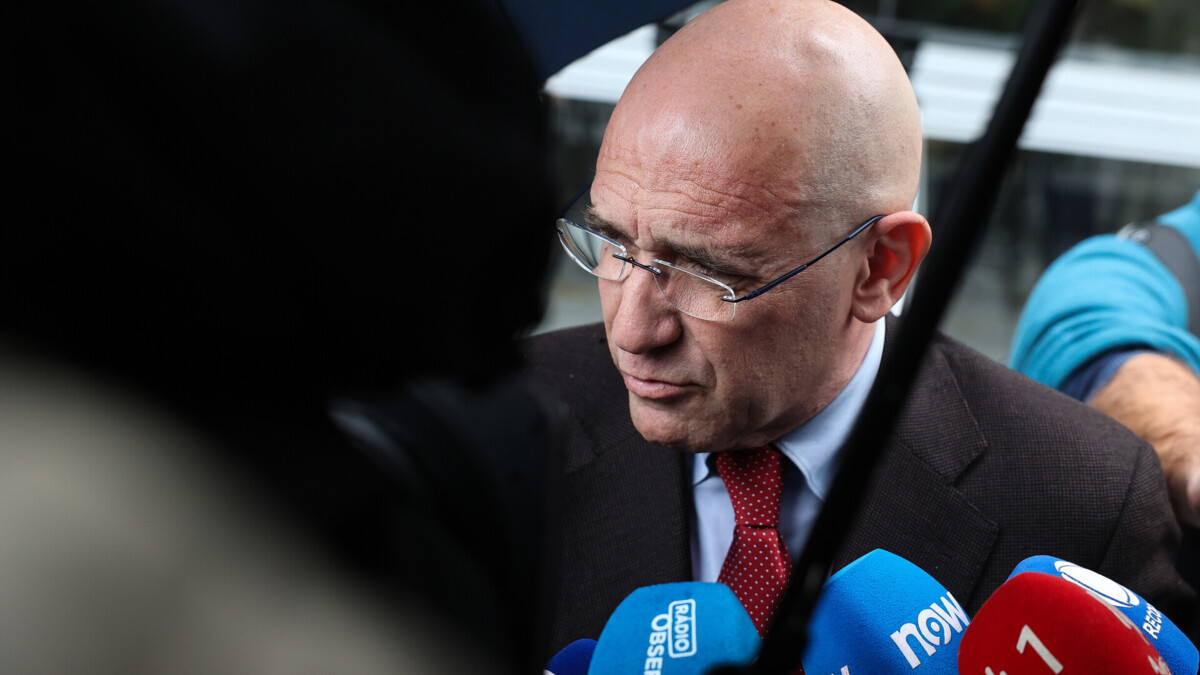

Comments
Join Our Community
Sign up to share your thoughts, engage with others, and become part of our growing community.
No comments yet
Be the first to share your thoughts and start the conversation!